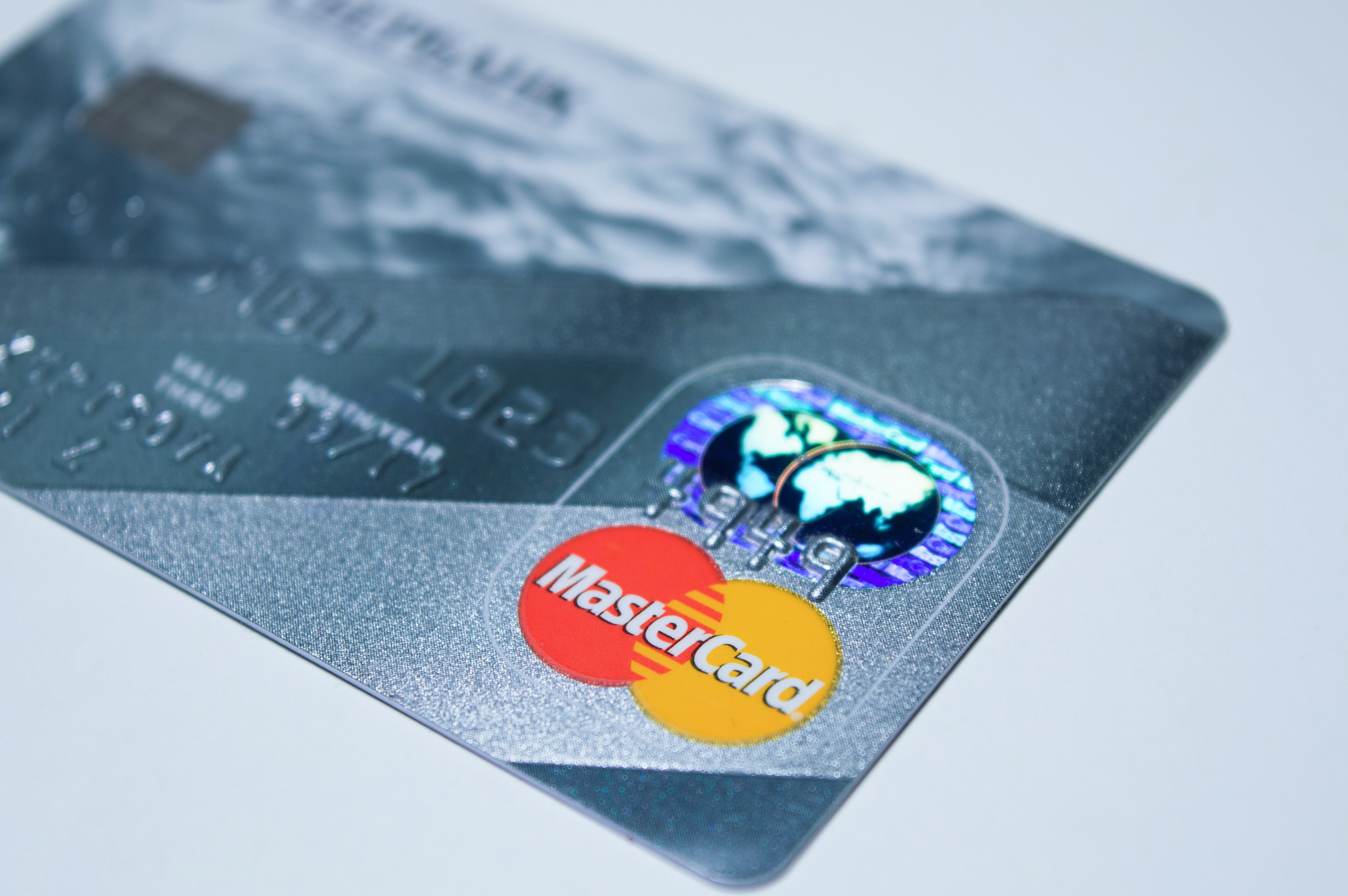 EMERGING TECH
EMERGING TECH
 EMERGING TECH
EMERGING TECH
 EMERGING TECH
EMERGING TECH
Global payments and technology company Mastercard Inc. today announced that it will be opening up access to its blockchain technology for banks and merchants through an application programming interface published on Mastercard Developers.
The Mastercard blockchain settlement network is based on the same technology that runs the bitcoin network – a global, distributed cryptographic ledger that allows users to exchange bitcoin currency. Since its launch in 2009, the bitcoin blockchain has served as the inspiration for numerous financial blockchain solutions.
In 2016, Mastercard made news when it first gave access to a trial network for blockchain payments to developers as part of a broader initiative to test different APIs. “By combining Mastercard blockchain technology with our settlement network and associated network rules, we have created a solution that is safe, secure, auditable and easy to scale,” said Ken Moore, executive vice president of Mastercard Labs.
The new Mastercard blockchain technology will complement the company’s already existing developer programs directed as business-to-business transactions including virtual cards, Mastercard Send and Vocalink. The company’s press release highlighted four categories that executives expect that the blockchain settlement network will help Mastercard improve including privacy, flexibility, scalability and the reach of the network.
Blockchain technology uses an encrypted protocol that allows transactions to reside on an auditable ledger – it can be proven that transactions occurred when they did in the way they did – but only encryption key holders can access the information in the transactions themselves, thus providing privacy. By connecting the blockchain API across settlement services, the blockchain network can be used in conjunction with other services to produce a wide range of powerful interconnected apps increasing flexibility.
Mastercard has put research and infrastructure into making its blockchain settlement network run at a speed designed for commercial processing. As a result, applications run across the Mastercard blockchain will scale at the rate businesses need.
Finally, the Mastercard blockchain integration includes a network of more than 22,000 financial institutions that will move funds that have been committed to the blockchain. “When it comes to payments,” Moore said, “we want to provide choice and flexibility to our partners where they are able to seamlessly use both our existing and new payment rails based on the needs and requirements of their customers.”
The Mastercard blockchain will initially provide the ability to secure noncard-payment transactions such as business-to-business payments and trade finance transactions, but it can also be used for nonpayment solutions. For example, the Mastercard blockchain could be used to provide proof of provenance for authenticating products across supply chains, which is a blockchain solution being explored by companies such as IBM Corp. for food safety, among many others.
Mastercard competitor Visa Inc. has also been researching blockchain payment remittance. Visa partnered with Chain Inc., a blockchain service company, during 2016 to build a similar system called B2B Connect.
The financial technology industry has spent several years developing trials for blockchain payment settlement networks as the technology has appeared poised to change how remittance works. Earlier this year, the Society for Worldwide Interbank Financial Telecommunication, the leading global cross-border settlement network for large banks, added 22 new banks to its own blockchain network payment trials.
In the past few days several corporations working in the financial technology have released blockchain based cross-border remittance networks including IBM Corp. in conjunction with the Stellar Development Foundation and JP Morgan Chase & Co. with the Interbank Information Network.
Developers and businesses interested in more details in how they can access these new APIs and build apps that use the Mastercard blockchain can find more information on the Mastercard Developers website.
Support our mission to keep content open and free by engaging with theCUBE community. Join theCUBE’s Alumni Trust Network, where technology leaders connect, share intelligence and create opportunities.
Founded by tech visionaries John Furrier and Dave Vellante, SiliconANGLE Media has built a dynamic ecosystem of industry-leading digital media brands that reach 15+ million elite tech professionals. Our new proprietary theCUBE AI Video Cloud is breaking ground in audience interaction, leveraging theCUBEai.com neural network to help technology companies make data-driven decisions and stay at the forefront of industry conversations.